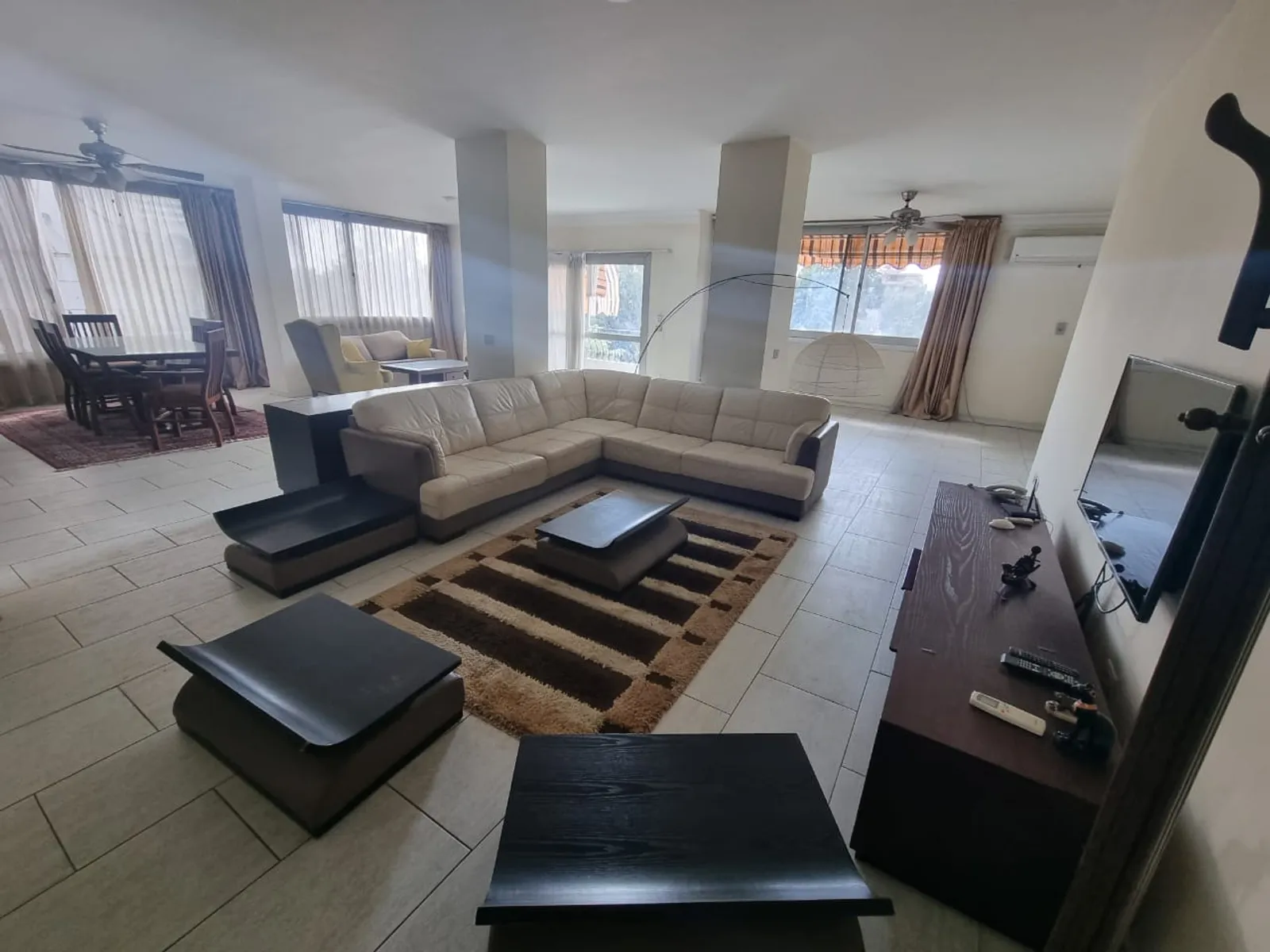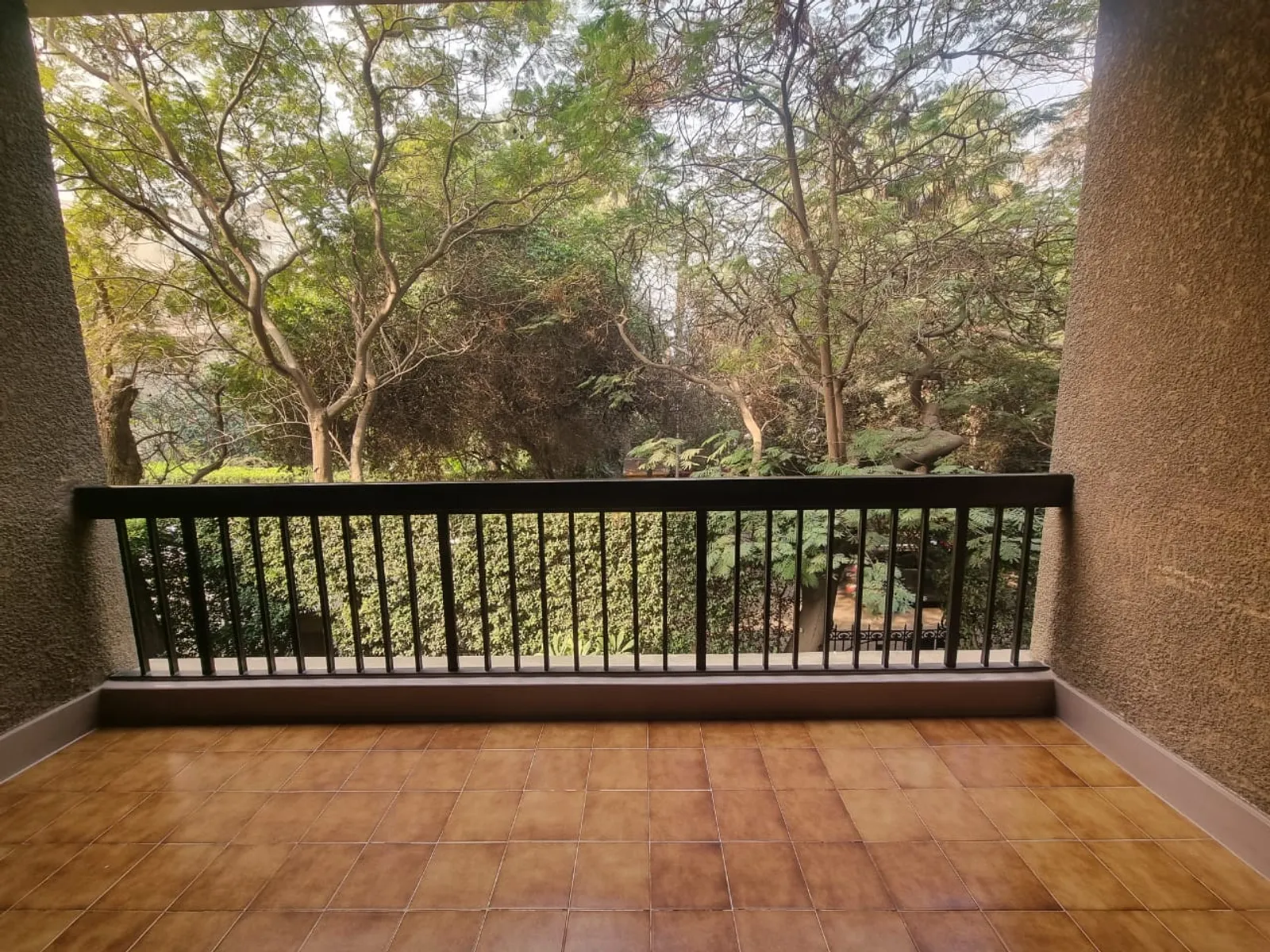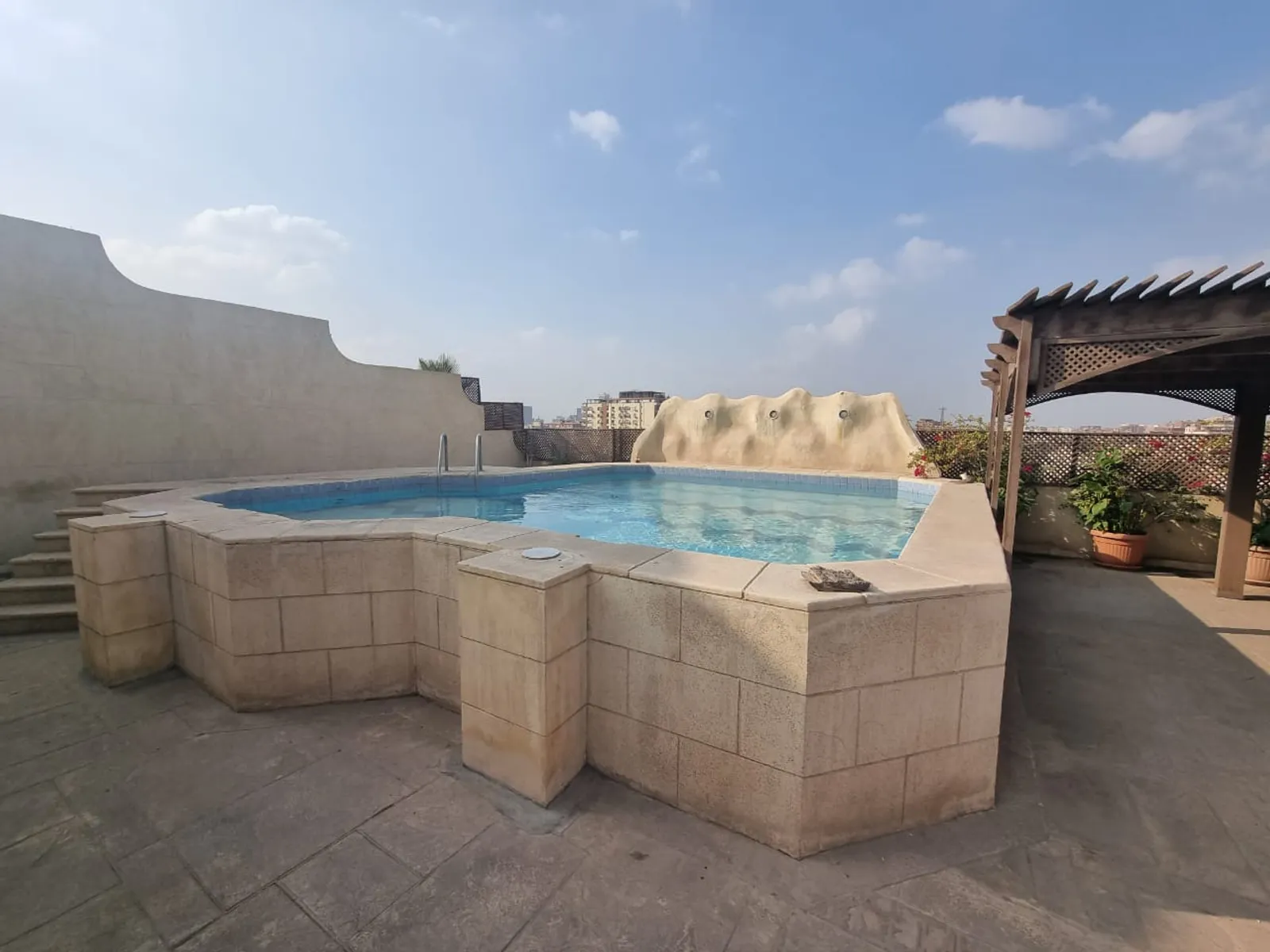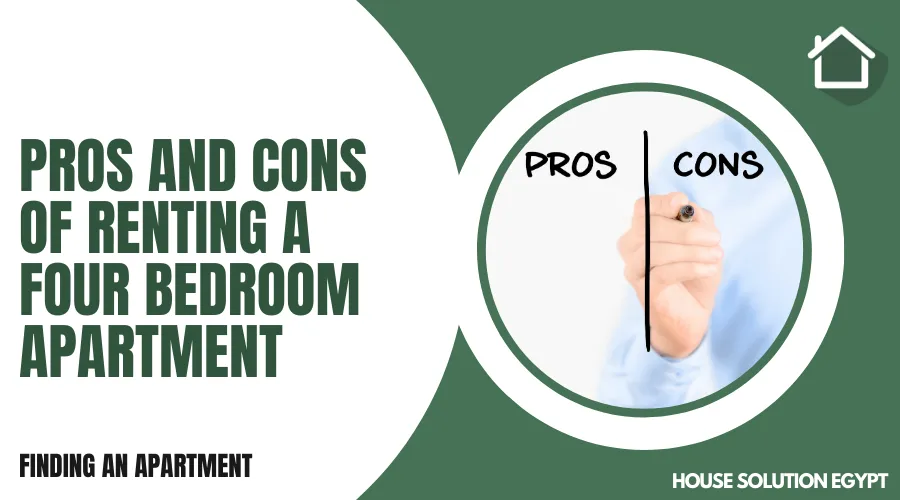DOES RENTING AN APARTMENT INCLUDE ISSUED PAYMENT RECEIPTS?
Renting an Apartment|6.6 MIN READ|Updated on: 22 April 2024|Written by: Marwa Samir
It is common practice for landlords to provide payment receipts to tenants upon receiving rent payments. However, whether or not renting an apartment includes issued payment receipts depends on the rental agreement and the landlord's policies. Some landlords may issue paper receipts while others may prefer digital methods such as email or text message confirmations.
In some cases, tenants may request payment receipts from their landlords if they need proof of income for tax purposes or other financial transactions. It is important for both parties to keep records of rent payments and any associated documentation in case of disputes or legal issues.
Tenants should review their rental agreement carefully before signing to understand the landlord's policies regarding payment receipts and other essential details related to renting the apartment. If a tenant has questions or concerns about receiving payment receipts, they should communicate with their landlord directly to clarify expectations and ensure that all necessary documentation is provided.
What is a Payment Receipt?
When you rent an apartment, it's important to have proof of your payments. This is where payment receipts come in handy. A payment receipt is a document that serves as evidence of the payment made and received by the recipient. It usually contains information such as the date and time of the transaction, the amount paid, the mode of payment, and the reference number.
However, not all landlords or property managers issue payment receipts. Some may rely on bank statements or canceled checks as proof of payment. If you are renting an apartment and need a receipt for each monthly rent installment, it's best to clarify this with your landlord beforehand.
Having a copy of your payment receipt is essential for record-keeping purposes and can help avoid any disputes or misunderstandings regarding payments made in the future. It's always better to be safe than sorry when it comes to financial transactions like paying rent for an apartment – so don't hesitate to ask for a receipt if one isn't provided automatically!
Benefits of Issued Receipts
Yes, renting an apartment does include issued payment receipts. The issuance of receipts is beneficial for both the tenant and the landlord. For tenants, having a receipt of payment serves as proof that they have paid their rent on time and in full. This can be particularly useful in cases where disputes arise between tenants and landlords regarding late payments or non-payment of rent.
On the other hand, issuing receipts also benefits landlords by allowing them to keep track of rental income easily. Receipts provide a record of all transactions made with tenants, which can be helpful when evaluating financial statements or preparing tax returns. Additionally, issuing receipts can help build trust between landlords and tenants by demonstrating transparency in financial matters.
Issuing receipts is an essential part of renting an apartment to ensure transparency in financial transactions between landlords and tenants. By doing so, both parties benefit from having documented proof of payment for their records.
Is a Receipt Required by Law?
When renting an apartment, it is common practice to expect a receipt for rent payments. However, the law does not generally require landlords to provide tenants with receipts. While some states may have specific laws regarding rental receipts, in most cases it is up to the landlord's discretion.
Despite this lack of legal obligation, providing a receipt for rent payments can still be beneficial for both parties involved. It helps keep track of payment history and serves as proof of payment in case of disputes or discrepancies. Additionally, many tenants may feel more secure knowing that they have a record of their payments.
While landlords are not required by law to issue receipts for rent payments, it is still recommended as a best practice to maintain transparency and accountability between the tenant and landlord.
Are Landlords Required to Provide Receipts?
When it comes to renting an apartment, tenants are entitled to receive rent payment receipts from their landlords. In fact, some states require landlords to provide written receipts for any payments made by their tenants. These receipts serve as a record of payment and can be helpful in case of any disputes or discrepancies that may arise between the landlord and tenant.
However, if there is no state law requiring landlords to issue receipts, it is still a good practice for them to do so. It helps ensure accountability and transparency in the rental process. Landlords should also make sure that the receipt includes important information such as the amount paid, the date of payment, and what period the payment covers.
While not all states legally require landlords to provide rent payment receipts, doing so is still considered the best practice in ensuring a transparent rental process. Tenants should communicate with their landlords about receipt policies if they have concerns or questions about receiving documentation for their rental payments.
How to Request a Receipt from Your Landlord
As a tenant, you have the right to request a receipt from your landlord after paying rent. However, it's important to check your lease agreement first as some landlords may include clauses that state whether or not they are required to provide receipts. If there is no mention of receipts in your lease agreement, it is still recommended that you ask for one.
When requesting a receipt, be clear and polite with your landlord. You can make the request in person or through email, but always keep a record of the correspondence for future reference. It's also important to specify what the receipt should include such as the date of payment, the amount paid, and any additional fees.
If you pay rent online or through an app, make sure you download and save a copy of each transaction receipt on your device or cloud storage account. This way, if there are any discrepancies in the future regarding payments made, you'll have evidence to support your claim.
Alternatives for Documenting Payments
As a tenant, it is important to document payments made for rent or any other fees associated with your apartment. While some landlords may provide payment receipts as part of their rental agreement, not all do. In this case, it is crucial to have alternative methods of documenting payments.
One option is to create your own payment receipts using templates available online. These can be customized with your personal information and the details of the payment made. Another option is to keep a record of payments in a spreadsheet or financial management software such as Quicken or Mint.
It is also recommended to communicate with your landlord regarding payment documentation and request that they provide receipts if they do not already do so. This can ensure that you are both on the same page and avoid any potential disputes in the future. By taking proactive steps to document payments, you can protect yourself financially and maintain clear records for reference purposes.
Conclusion: Necessity of Payment Receipts
When it comes to renting an apartment, payment receipts are crucial document that serves as proof of payment from the tenant to the landlord. It is important for both parties to have a record of all payments made in case of any disputes or discrepancies that may arise in the future. The receipt should contain details such as the date of payment, the amount paid, and the name of the tenant making the payment.
In some countries, it is mandatory for landlords to issue payment receipts to their tenants after receiving rent payments. This helps to ensure transparency in financial transactions between both parties and reduces the chances of fraud or misunderstandings. Tenants can also use these receipts as evidence while filing taxes or claiming refunds.
In conclusion, payment receipts are not only necessary but also legally required in some areas when renting an apartment. They serve as a record of all financial transactions between tenants and landlords and help prevent disputes over missed or inaccurate payments. Therefore, both landlords and tenants should ensure they keep accurate records of payments made and received by issuing or requesting payment receipts as needed.










